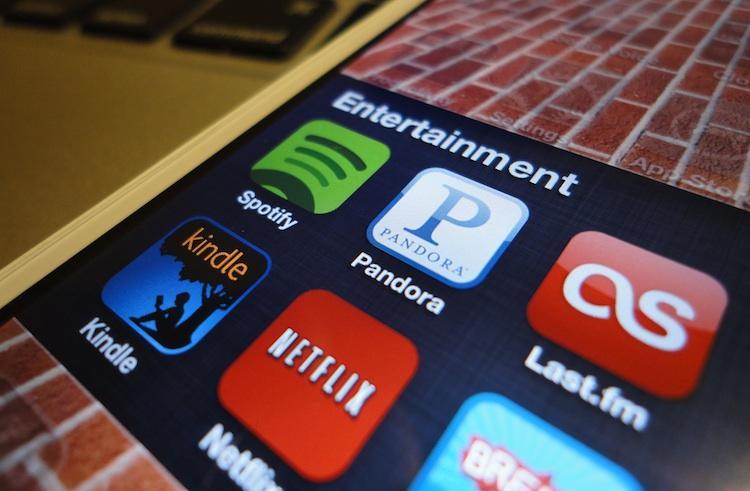
Arguably the most important feature of a smartphone is the slew of available applications. They're what make us waste or save time (depending on what type of apps you're using) and what make smarpthones ... smarter. Back in my BlackBerry Curve days, I would have up to six or so third-party applications – like Facebook, SocialScope or a few lousy games – installed on my phone. That was about the extent of what was available at the time.
With the introduction of newer platforms, dedicated software stores and software development kits (SDK), things have vastly changed. As of the end of last week, according to analyst company Mobilewalla, Apple's App Store now lays claim to 590,138 applications for iOS devices, Google's Android Market holds a respectable 320,315 applications and RIM's BlackBerry App World offers 43,544 applications. Coming in last, Windows Marketplace is home to roughly 35,479 Windows Phone apps. Collectively, those would add up to just short of one million applications for all major platforms. However, Mobilewalla claims approximately 2,000 applications are added each day. Their estimate as of today is 989,476. At this rate, the million-app milestone should be hit within the week. (Note: this count doesn't take other platforms, like Symbian, into consideration.)
It's hard to realize that just four years ago there were just a few hundred mobile applications total. Apple's App Store is nearly three and a half years old now. Doing some very rough math, over 250,000 applications have been developed per year. That's absolutely mind-blowing and nearly impossible to truly wrap your head around.
You may recall a projection from Citibank in December of 2010. They predicted that revenues from App Store alone would amount to $2 billion in 2011 alone. The other prediction was that by 2013, the mobile application business would be a $27 billion industry. I would definitely say the industry is well on its way.
That said, it makes me wonder just when the mobile application development field will reach capacity. And I don't mean when providers stop accepting application submissions. Rest assured that as long as developers keep developing, providers will continue to provide users with apps. Mobile apps are a cash cow and the more apps there are available, the more money they will bring in.
What I mean by capacity is: when will application development begin to slow down? Developers sustaining a rate of 250,000 applications per year is entirely doable, especially with as many active developers as there currently are today. But what good is it to have all of these applications anyway?
What I'm really interested in is when mobile developers will begin to focus on quality over quantity. Eventually, this rate of development has to slow down, at least a little. Wouldn't it be better to have one million great applications versus several million poorly-coded and barely functional apps? I would much rather pay $10 for an application that does everything I need it to than to pay $0.99 for several applications that each perform a single action.
Adobe has started to pave the path for in-depth and functional apps. Just last month, they launched their Adobe Touch Family applications for Android tablets. I've been desperately awaiting their arrival for months now, and as soon as I read the headline, I made a my way to Android Market and purchased Photoshop Touch and Adobe Proto (a wireframing application). These applications give more desktop-like functionality than most other mobile apps ever have. Adobe's purpose was to inspire true content creation on the go, and while the apps aren't perfect, they're an amazing step in the right direction.
Developers will likely never completely run out of ideas for new applications or additions to existing apps. But ideas aren't always going to be so abundant and devs will have to focus on making applications more well-rounded and more capable. Mobile software is well on its way to becoming more and more desktop-like with every passing month. With time, applications should reflect that change, too.
What do you think, ladies and gents? One million applications is a huge milestone. But will application development slow down for the sake of more quality applications? Should it? Or do you find comfort in extremely large numbers?